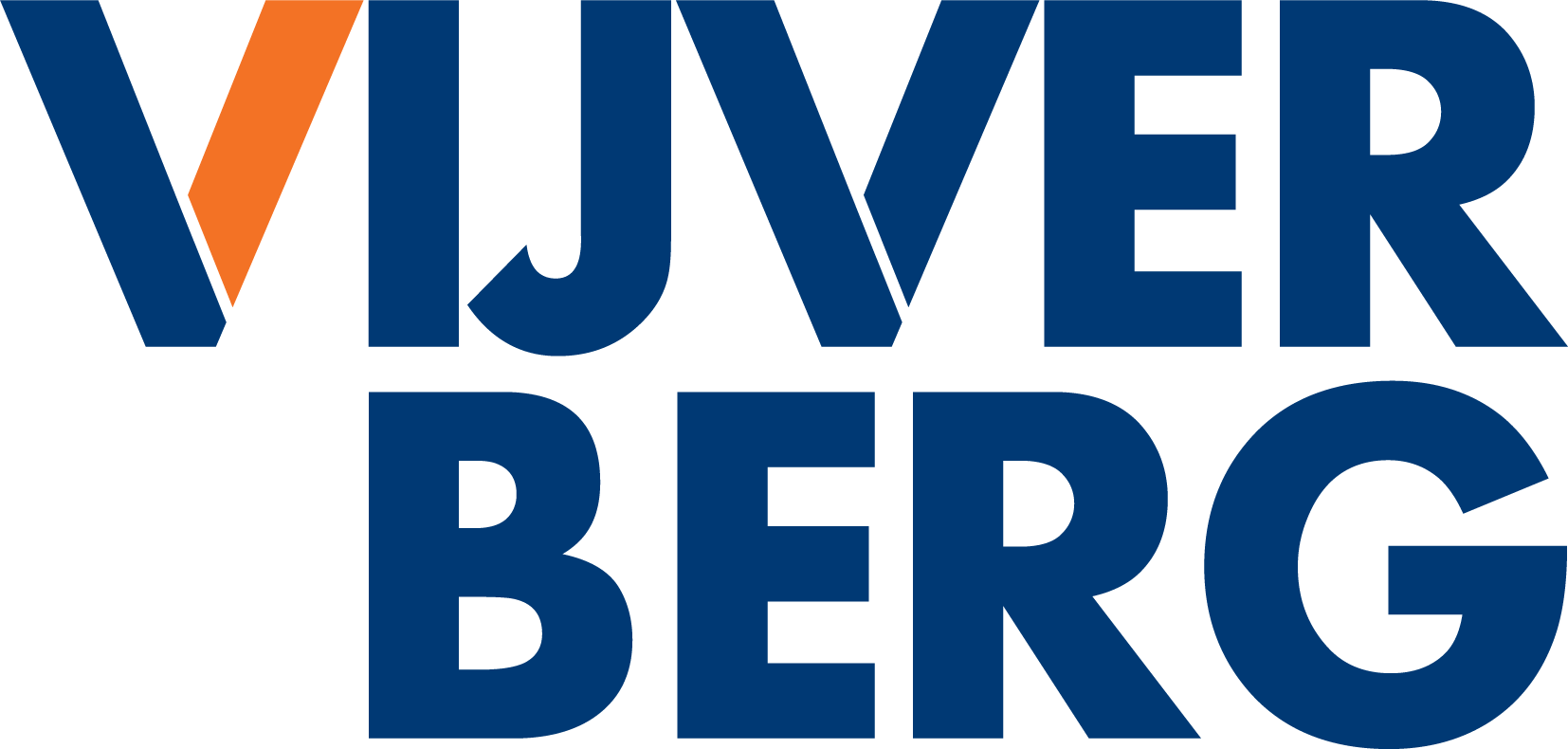The work in progress discussion aims to determine whether the project’s progress is in line with the schedule and budget. Many project organisations consider work in progress discussions to be ineffective because the focus is only on gathering information for financial reporting.
How do you conduct an effective work in progress discussions that enable the making of early adjustments in a project?
The human component
It is a natural reaction that people who give monthly reports on the results of a project that they are responsible for, regard this as a personal assessment. This natural behaviour gets in the way of effective project management. For many, it is a recognisable image that certain project managers always show positive forecast results until just before delivery. In contrast, other project managers show a pessimistic picture that turn out to be better than expected towards the end of the project. It is important to make it clear that the work-in-progress review is not a performance review. The feeling of assessment can easily stand in the way of effective project management.
Looking ahead during work in progress discussion
The work in progress discussion should mainly focus on looking ahead, such as which part of the scope still needs to be realised and where bottlenecks could arise during realisation with regard to budget and progress. A good project controller can independently analyse and explain deviations and trends in the figures. Together with the project manager, trends can be confirmed or invalidated based on the actual course of the project.
Origin of deviations
For a project controller, the origin of deviations between the financial and operational progress of a project can be roughly divided into three categories:
- Omissions in the budget and forecast (part of the scope was not included)
- Incorrect assumptions in the budget (lower than expected productivity)
- New circumstances (specification changes or obstructions)
Managing trends
Many deviations have a repetitive nature. The same deviation recurs in every yet-to-be realised work package. One possibility is to adjust the forecast negatively every month. However, if the project manager and the financial (project) controller work well together, effective management measures can be taken to adjust the project in time and improve the project result.
The work-in-progress conversation should focus primarily on preventing deviations rather than explaining deviations that have already occurred. In this set-up, the work-in-progress discussion makes an important contribution to better control of projects.
